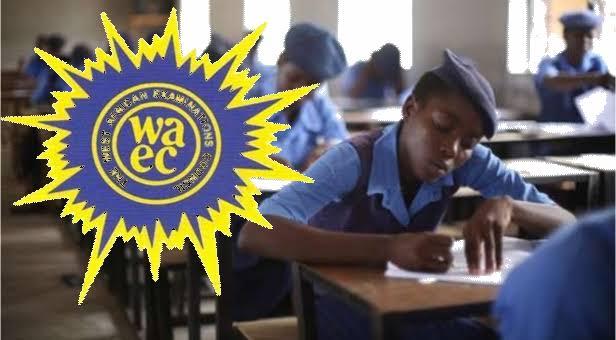Literature in English is one of the core subjects for Arts students writing the WAEC or GCE exams. This subject tests your ability to understand, interpret, and analyze literary works from different genres and regions. If you're sitting for the 2025 WAEC or GCE Literature in English exam, this guide will help you navigate the full syllabus, reading texts, exam format, and proven tips to pass with distinction.
Objectives of the WAEC & GCE Literature Exam
The Literature in English syllabus is designed to:
-
Foster an understanding of literary concepts and devices
-
Encourage critical thinking and appreciation of written texts
-
Enable students to analyze and interpret literary works
-
Promote cultural awareness through literature
-
Prepare students for higher studies in English and Literary Studies
WAEC & GCE Literature in English Exam Structure (2025)
The exam comprises three papers:
Paper 1 – Objectives (40 Marks)
-
50 multiple-choice questions
-
Covers literary terms, genres, unseen prose/poetry, and context-based questions
-
Duration: 1 hour 30 minutes
Paper 2 – Drama and Prose (80 Marks)
-
Four essay questions: two on drama and two on prose
-
Candidates must answer one question from each section
-
Duration: 2 hours
Paper 3 – Poetry and General Literary Appreciation (60 Marks)
-
Includes analysis of set poems and unseen poetry
-
Candidates answer two questions
-
Duration: 1 hour 30 minutes
WAEC & GCE Literature in English Syllabus (2025)
The syllabus is divided into three main genres:
1. Drama
African Drama
-
Let Me Die Alone by John K. Kargbo
-
The Lion and the Jewel by Wole Soyinka
Non-African Drama
-
Look Back in Anger by John Osborne
-
Romeo and Juliet by William Shakespeare
2. Prose
African Prose
-
Second Class Citizen by Buchi Emecheta
-
The Beautiful Ones Are Not Yet Born by Ayi Kwei Armah
Non-African Prose
-
Lord of the Flies by William Golding
-
Invisible Man by Ralph Ellison
3. Poetry
African Poetry
-
“Vanity” by Birago Diop
-
“Ambush” by Gbemisola Adeoti
-
“Black Woman” by Leopold Senghor
Non-African Poetry
-
“The Pulley” by George Herbert
-
“The School Boy” by William Blake
-
“The Good Morrow” by John Donne
General Literary Topics Covered
-
Literary terms (e.g., metaphor, irony, personification)
-
Figures of speech
-
Literary appreciation and critique
-
Unseen prose and poetry analysis
-
Characterization, setting, plot, theme, and tone
Recommended Study Materials
-
WAEC Literature-in-English past questions and answers
-
Study guides for each recommended text
-
Literary analysis workbooks
-
WAEC-approved textbooks for Literature
Top Exam Tips for WAEC & GCE Literature in English (2025)
1. Know Your Texts Well
Read and reread the recommended texts. Understand the plot, characters, themes, and literary devices used.
2. Master Literary Terms
Be familiar with common literary devices and how they’re used in drama, prose, and poetry.
3. Practice Essay Writing
Your ability to express ideas clearly and critically is key. Practice structuring your essays with strong arguments and textual evidence.
4. Time Management
Don’t spend too long on one question. Practice answering past questions within the set time limits.
5. Understand Unseen Texts
Sharpen your analytical skills to handle unseen prose and poetry questions. Focus on tone, imagery, and meaning.
6. Revise Consistently
Create a revision plan that includes weekly review of texts, group discussions, and self-assessment.
FAQs: WAEC & GCE Literature in English (2025)
Q1: Are the recommended texts the same for both WAEC and GCE?
A: Yes, both exams use the same official syllabus and set texts.
Q2: Can I use summaries to study instead of reading the full texts?
A: Summaries can help, but you should read the full texts for in-depth understanding and quoting in essays.
Q3: How many questions should I answer in each paper?
A: For Paper 2 and Paper 3, follow instructions carefully and only answer the required number of questions.
Q4: Are unseen poems usually difficult?
A: Not necessarily. With regular practice in poetry analysis, you’ll become confident in answering unseen poetry questions.
Conclusion
The 2025 WAEC & GCE Literature in English syllabus offers a broad and enriching range of literary works. By understanding the texts, mastering literary analysis, and practicing regularly, you can achieve excellence in your exam. Literature is not just about reading — it’s about thinking critically, feeling deeply, and expressing clearly. Start your preparation today, and you’ll be well on your way to success.











